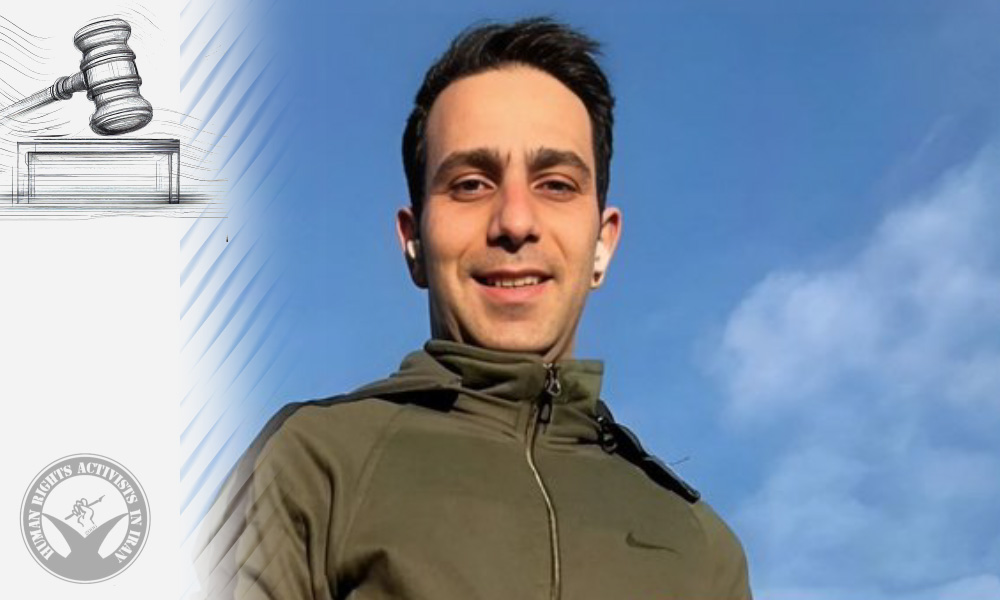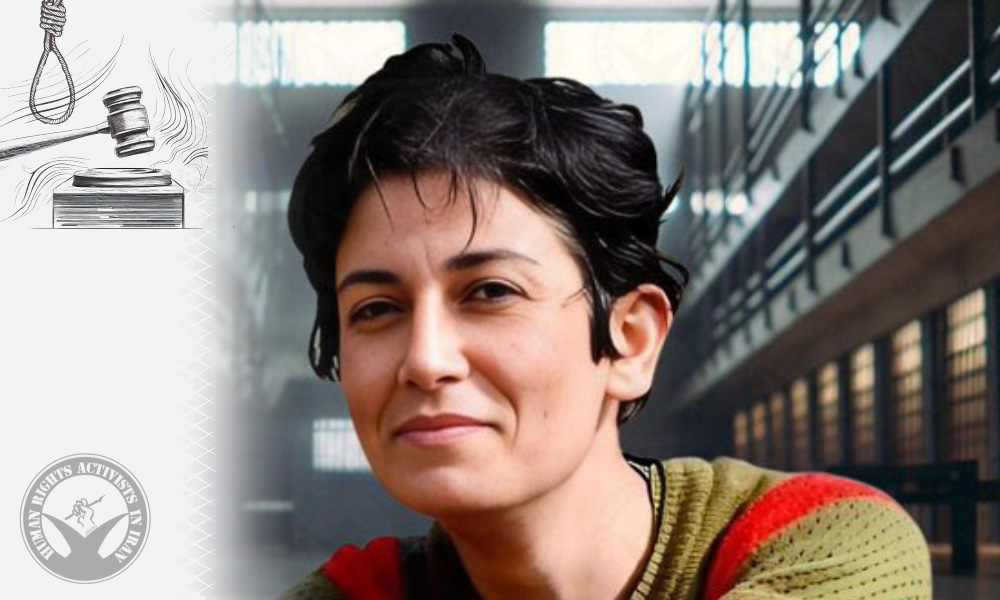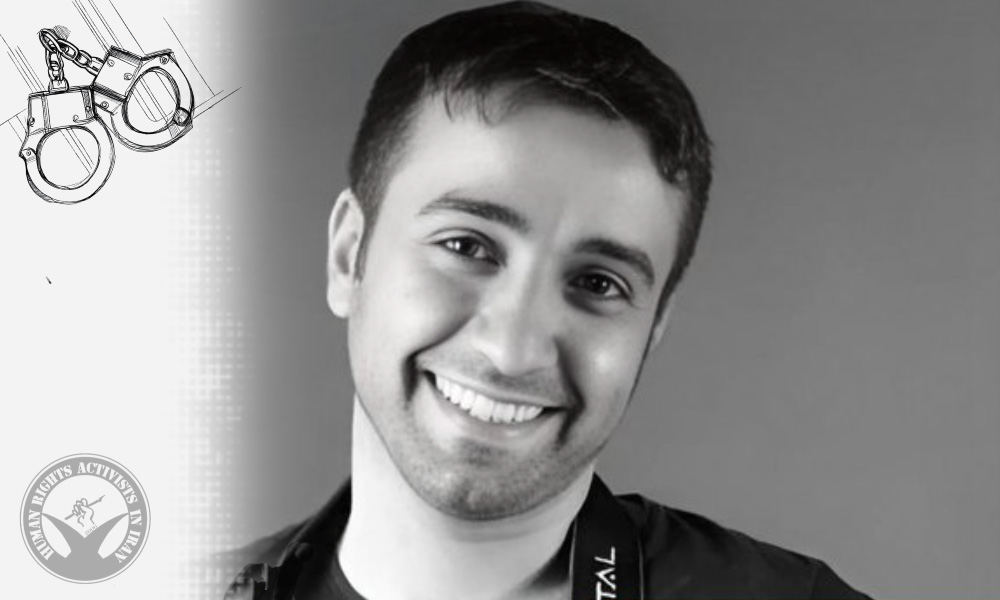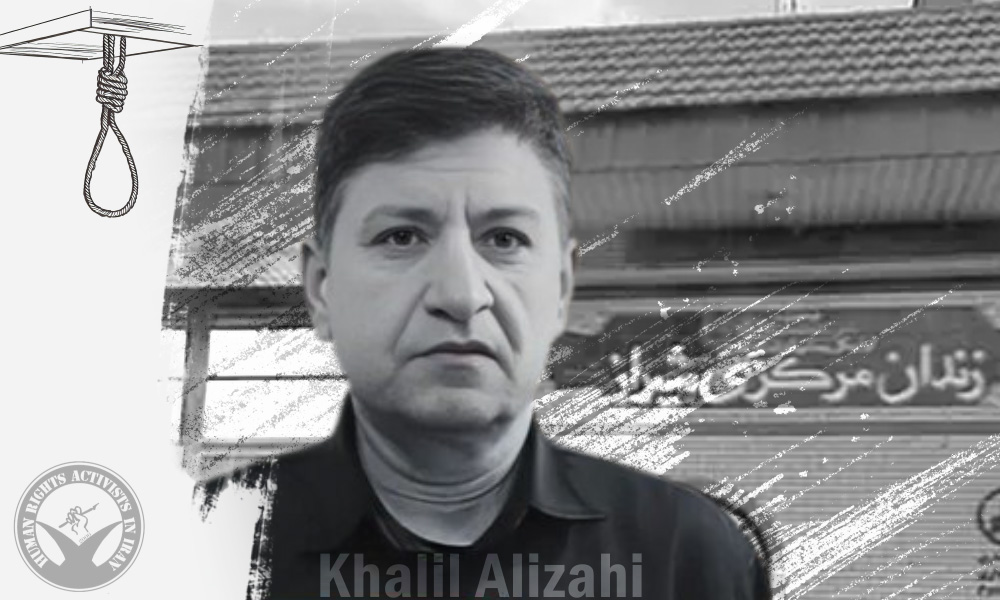Amir Raisian , the lawyer representing Pakhshan Azizi, a political prisoner held in Evin Prison, has announced that her death sentence has been upheld by Branch 39 of the Supreme Court of Iran. Raisian criticized the court for disregarding numerous flaws in the case.
According to HRANA, citing Shargh newspaper, the death sentence issued against Pakhshan Azizi by Branch 26 of the Tehran Revolutionary Court was upheld despite significant procedural and substantive errors highlighted by her defense.
In a statement, Raisian expressed concern that the court ignored evidence showing Azizi’s peaceful activities in refugee camps in northern Syria, specifically refugees from Sinjar and other areas affected by ISIS attacks. He emphasized that her humanitarian efforts, focused on aiding victims of ISIS aggression, had no political or militant nature.
The lawyer further argued that accusations of her membership in an armed group lacked any legal basis, noting that Azizi was unarmed at the time of her arrest and had never engaged in armed conflict. Raisian also highlighted contradictions with Iran’s judicial policies on capital punishment and questioned the legality of associating her actions with criminal offenses.
Raisian confirmed that a request for retrial will be submitted immediately, urging the new branch of the Supreme Court to consider the errors and prevent the execution of the current ruling.
On July 24, Azizi was sentenced to death and four years in prison by Branch 26 of the Tehran Revolutionary Court, presided over by Judge Iman Afshari, on charges of “armed rebellion (baghi)” through alleged membership in dissident groups.
On August 4, 2023, Azizi, along with her 67-year-old father Aziz Azizi (a lymphoma patient), her sister Parshang (49), and her sister’s husband Hossein Abbasi (49), was arrested in Tehran. The arrests were carried out by approximately 20 armed agents who stopped their moving vehicle, searched them, and transferred them to The Ministry of Intelligence’s detention facility, known as Ward 209 of Evin Prison.
In protest against her family’s detention, Pakhshan began a hunger strike, which she ended after learning that her family members were released on bail after two weeks of solitary confinement. After being held in solitary confinement in Ward 209 for three months and three weeks, she was transferred to the women’s ward of Evin Prison on December 10, 2023.
Later, Aziz Azizi, Porshang Azizi, and Hossein Abbasi were sentenced to one year in prison each by Branch 26 of the Tehran Revolutionary Court, also under Judge Iman Afshari, for “assisting a criminal in escaping prosecution and conviction.” Their sentences were upheld by the Tehran Court of Appeals on September 27, and their appeal was forwarded to the Supreme Court.
A source close to Azizi’s family told HRANA:
“Pakhshan has no affiliations with any groups. She worked as a social worker for 10 years in refugee camps in Rojava. The groups she worked with were fighting against ISIS—an enemy of both the Islamic Republic and the Quds Force. There was no direct conflict between Pakhshan’s associates and Iranian forces, a fact clearly evident in her case.”
In mid-October 2024, during a protest by female prisoners in Evin following the execution of Reza Rasaei and a clash with prison guards, Azizi was accused of “assaulting an officer and disobedience” and was sentenced to six months in prison by the Criminal Court.
Also, in August, 2024, Azizi faced new accusations of “inciting unrest in prison” during the second round of the 2024 presidential election, brought before Branch 3 of the Evin Prosecutor’s Office.
A native of Mahabad, Azizi has a history of arrests and judicial encounters. In 2009, she was detained on charges of political activity and was released after four months on bail.













